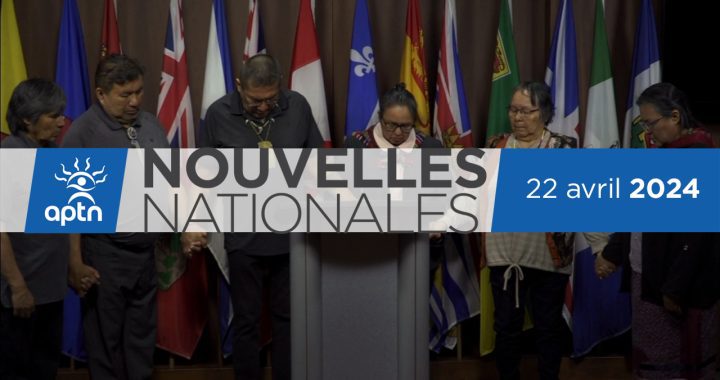The Liberal government released its fiscal update Tuesday afternoon and a big part of the announcement is the $40 billion the feds are setting aside to fix a long broken First Nations child welfare system.
The money is to be distributed over the next five years starting with $16 billion by the end of this year.
Roughly half the money will go toward meeting the requirements of a Canadian Human Rights Tribunal ruling.
The ruling requires the government to pay up to $40,000 to First Nations children and their families who were taken into foster care as a result of an underfunded on-reserve welfare system.
It is retroactive to 2006.
The other half of the money will go toward reforming the child welfare system itself.
Ottawa initially chose to take the CHRT ruling to court for interpretation.
When a federal court judge found in favour of the ruling, Ottawa then decided in late October to appeal.
At the same time, the government opted to pause litigation and continue negotiations with a number of parties including the Assembly of First Nations, the First Nations Child and Family Caring Society and representatives of a number of class-action lawsuits.
Former Truth and Reconciliation chair Murray Sinclair has been presiding over the negotiations.
AFN Manitoba Regional Chief Cindy Woodhouse says the Liberals made the right decision by heading back to the bargaining table.
“I’m glad that the prime minister and the Liberal government are at the table with us rather than in court,” she says. “And I hope that we can find that path forward on compensation for children and many young people who have come through the child welfare system. That we make sure they get compensated for the harms that they have faced and there are many. And also reforming this broken system.”
At the same time, Indigenous Services Minister Patty Hajdu is quick to point out no amount of money can ever fix the damage that has been done.
“That’s the tragedy,” she says “We’ve seen that this country has a history of violent colonialism. And so, whether we are talking about residential schools and the tragedy of people removed from their families from residential schools, the 60s scoop, and onwards. Through disproportionate numbers of children removed and placed into care.
“Money is not going to make people whole. There’s historical trauma that has resulted from this relationship.”
Negotiations are ongoing, details still need to be worked out and a final agreement signed.
NDP Leader Jagmeet Singh says he likes what he sees so far but will be watching closely.
“If there is a commitment from the federal government to stop fighting Indigenous kids in court, then that’s a positive thing,” he says. “And if there’s a commitment to follow through on the Canadian Human Rights Tribunal’s orders to make sure kids are compensated, that would be a positive thing.
“We don’t know the details if it’s exactly that, and we are going to closely follow to see the response of AFN, Indigenous children, their families, leaders like Cindy Blackstock (First Nations Family and Caring Society…)”
The proposed settlement will make up part of a series of federal deficits forecast over the next few years.
The deficit is expected to balloon to close to $328 billion by the end of this year before shrinking to $13.1 billion in 2027.
The debt to GDP ratio is expected to hit 48 per cent by the end of 2022 before falling to 44 per cent in 2027.
With files from Brett Forester









